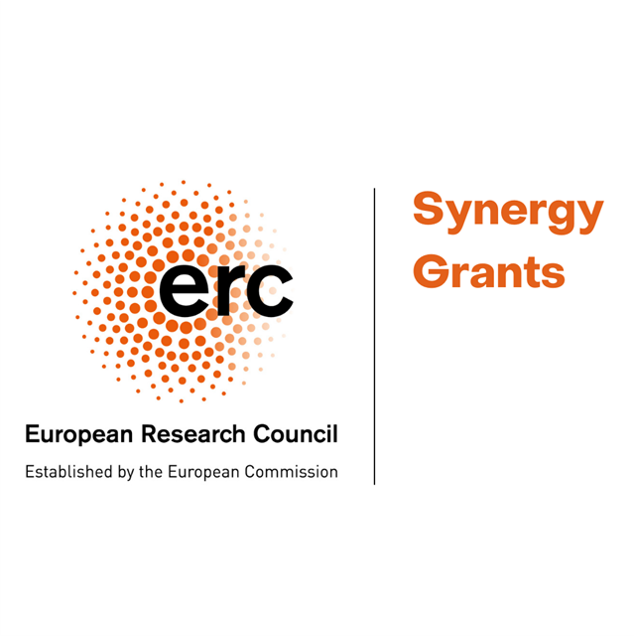
Two projects developed by research centers in the Basque Country have been distinguished by the European Research Council. Specifically, they have each received an ERC Synergy Grant, an award that recognizes the significance of the projects. Europe has acknowledged the work carried out by CIC bioGUNE and the Biofisika Institute for the project RGNcestry – Tracing and harnessing the ancestry of RNA-guided nucleases, as well as the work carried out by BC3 in the AFRI-CAN project.
Funded under the Horizon Europe program, the ERC Synergy Grant is among the most competitive and prestigious research grants in the world, promoting collaboration among international teams of excellence. In the 2025 call, only 66 consortia were selected from more than 700 proposals, with a total investment of 684 million euros. Of the 66, two were awarded to projects developed in the Basque Country.
CIC bioGUNE & Biofisika Bizkaia: RGNcestry – Tracing and harnessing the ancestry of RNA-guided nucleases
With the granting of the ERC, Europe recognizes the innovative scientific initiative aimed at deciphering the molecular origins and evolution of CRISPR enzymes—knowledge that will be used to create new genetic editing tools and molecular diagnostics. The project involves Ikerbasque researchers Raúl Pérez-Jiménez (CIC bioGUNE) and Israel S. Fernández (Biofisika, Spain).
The CIC bioGUNE and Biofisika teams will contribute their expertise in molecular evolution, structural biology, synthetic biology, and molecular biophysics to understand how RNA-guided nucleases (RGNs), including CRISPR nucleases, emerged and evolved, and how they can be transformed into more precise, safe, and sustainable biotechnological tools. The project’s objectives include the evolutionary reconstruction of thousands of nuclease sequences, functional characterization of ancestral variants on different DNA and RNA substrates, structural analysis, and the development of precision gene-editing applications (for example, for amyotrophic lateral sclerosis (ALS)) and molecular diagnostics for pathogens such as Streptococcus agalactiae.
The project plans to reconstruct more than 1,000 ancestral enzymes and design chimeric variants, with the goal of developing unrestricted, PAM-free gene-editing systems, as well as highly sensitive portable diagnostics.
BC3: AFRI-CAN
The AFRI–CAN initiative aims to explore the impact of climate change on mountain ecosystems and societies in East Africa.
Unai Pascual, Ikerbasque Professor and BC3 researcher, is one of four experts who will coordinate an international interdisciplinary team that will address, in nine regions of eastern Africa, the interaction of local communities with nature, the evolution of ecosystems, and possible pathways toward resilient and sustainable mountain systems in the context of accelerating global change.
Given the increasing interconnectedness between human systems and ecosystems, this project seeks to answer how nature and societies will continue to interact within and outside the so-called mountain socio-ecological systems. To do so, the researchers will analyze a region that is highly vulnerable to global changes in order to illustrate possible pathways toward more sustainable futures. On one hand, they will explore the main contributions to human well-being provided by mountain ecosystems (food, energy, and water). On the other, they will investigate how societies interact with nature—coexisting with it or enhancing it—taking into account biocultural diversity.
Observations of these dynamics, both past (over the last 6,000 years) and present, will guide their future predictions, with the aim of supporting mountain socio-ecological systems worldwide in facing the challenges ahead, including climate change.
.png)
